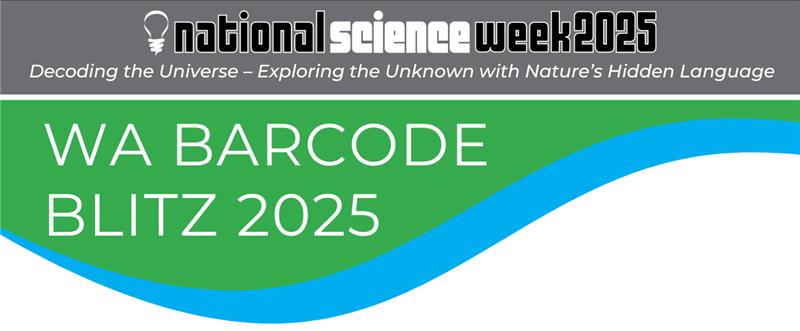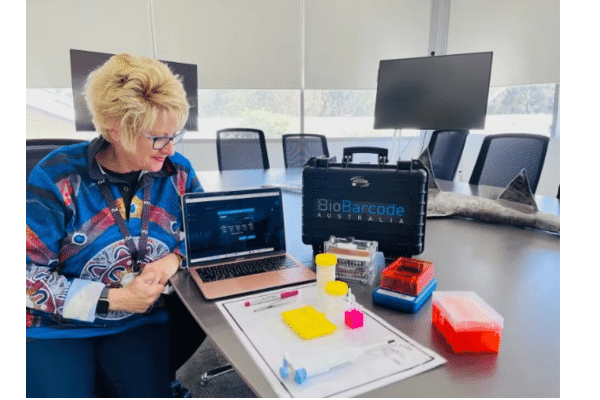Integrating DNA Technology into the Classroom and the Community through hands-on Enviro-STEM Learning activities
What is BioBarcode?
BioBarcode Australia exists to provide a unique opportunity to bring DNA technology into classrooms and the community. We use real biotech equipment, link it to real science projects feature real scientists as role models for the next generation. Together these provide a unique Enviro-STEM Learning opportunity.
We offer a citizen science species identification project, The Australian Barcode for Life Project, which everyone can get involved with. The project is based around using the DNA of organisms to identify them before we lose them. It’s a fun, practical way of saving our precious biodiversity using of the most crucial coding language for life on earth – DNA.
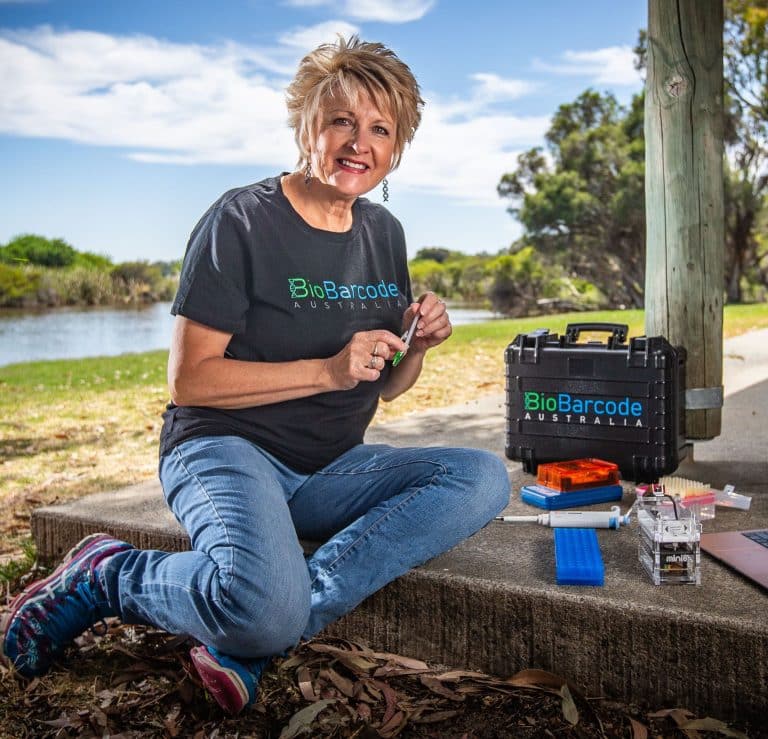
What Our Students Say
Professional Learning Workshops
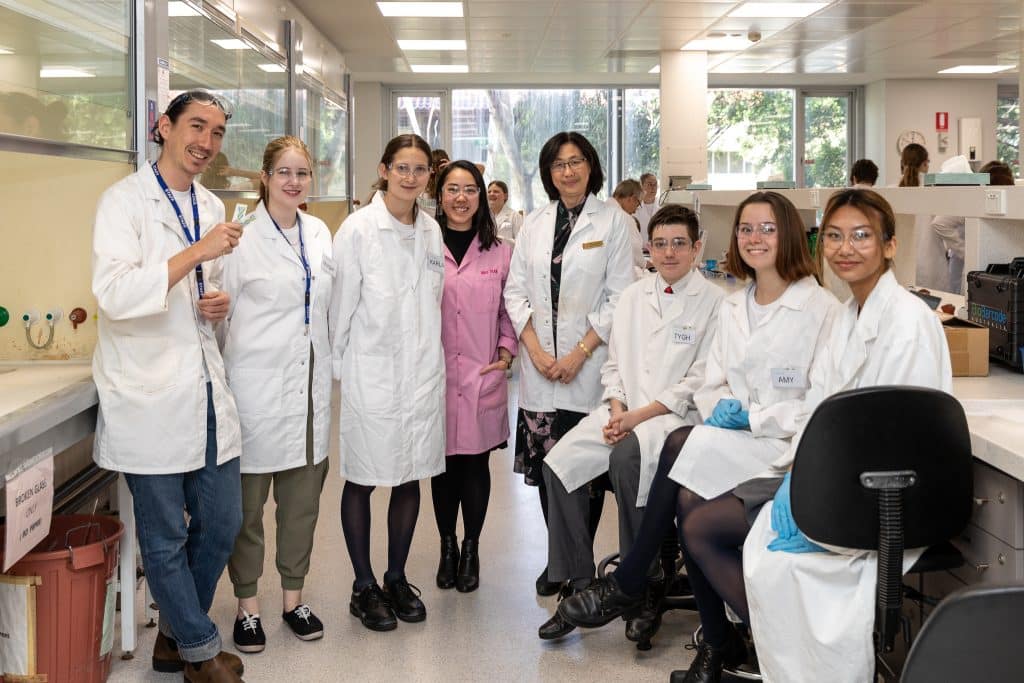
BioBarcode offers teachers and laboratory technicians opportunities to train and develop confident skill sets to teach with biotechnology. Our sessions are offered throughout the year, check out our upcoming workshops here!
Latest News
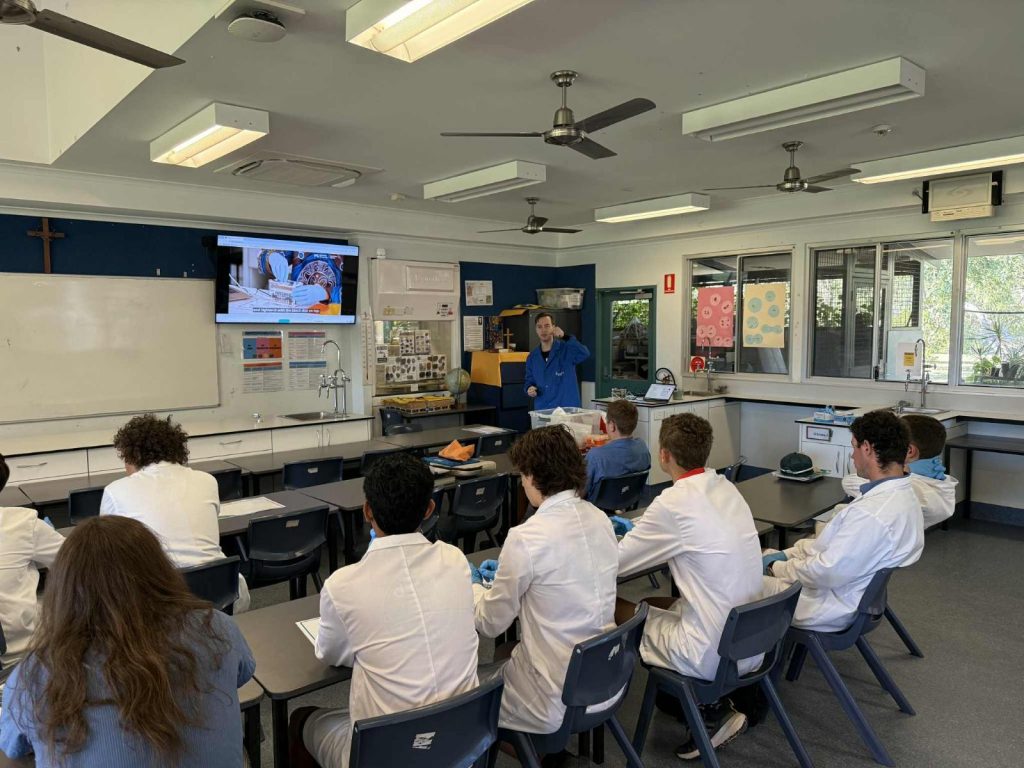
Sixteen schools. One statewide science adventure. Real DNA results.
From Esperance to Broome and Christmas Island — plus metro Perth and Geraldton — students became citizen scientists for Decoding the Universe, running authentic lab workflows (collection → extraction → PCR → gel → sequencing → BLAST) on plants and invertebrates.
How it went
- 50% strong sequences for plants + invertebrates (fungi excluded from this metric*) — an impressive lift on last year’s ~25%.
- Plants & invertebrates produced reliable reads across multiple schools.
Why we did it
- Give students a real end-to-end biotech experience.
- Build confidence with pipettes, PCR, gels, and BLAST.
- Contribute genuine species IDs to WA biodiversity knowledge.
What’s next
- Returning in 2026, scaling with Murdoch University & the Harry Butler Institute: teacher training, loanable kits, and expanded molecular biotech outreach.
Thank you
Australian Genome Research Facility (sequencing & bioinformatics — thanks, Jeremy), Promega Australia (reagents), Fisher Biotec (consumables), and our amazing teachers, lab technicians, and students.
Free Resources
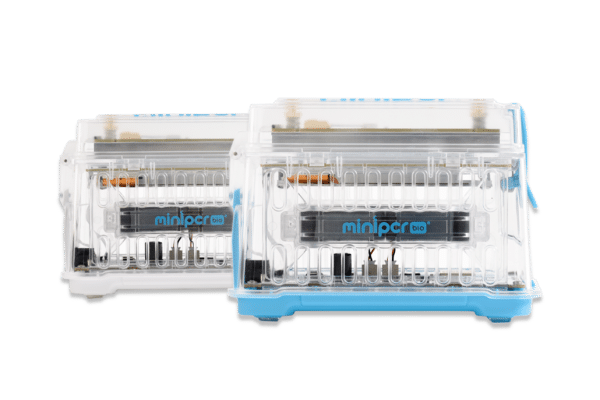
MiniPCRBio
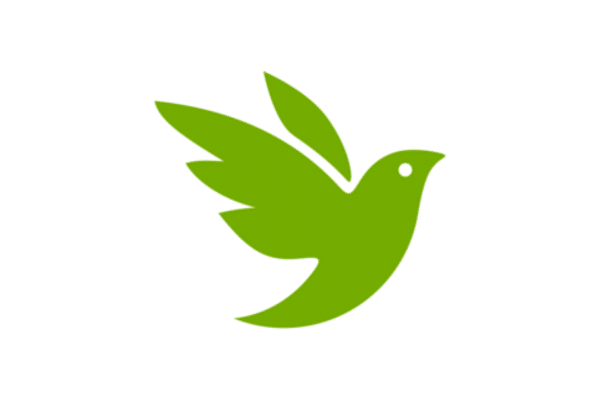
iNaturalist Australia (App)


